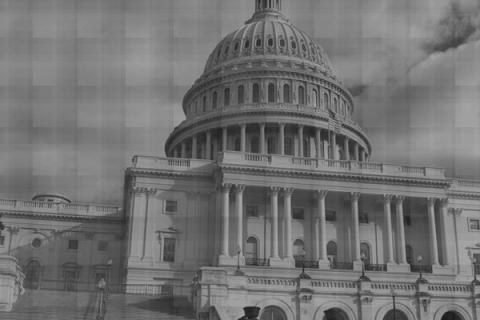Ron Paul is a remarkable politician; indeed, a remarkable man. But for another age. His recent argument that America does not need FEMA (the Federal Emergency Management Agency) is totally consistent with his libertarian philosophy and his personal experiences. It is, however, inconsistent with the complex age in which we live and the expectations of this age’s shifting population.
Dr. Paul told NBC News this past Friday:
“We should be like 1900; we should be like 1940, 1950, 1960. I live on the gulf coast, we deal with hurricanes all the time.”
This statement may be one of those George H.W. Bush “what’s the price of milk” moments when it becomes clear that a candidate is simply out of touch with the reality of the world as it exists today. As Steve Benen responded in the Washington Monthly’s Political Animal blog:
“On the list of things Americans can and should expect from the federal government, ‘disaster relief’ should be one of the few responsibilities that the left and right can endorse enthusiastically. It’s something people can’t do for themselves; it’s something states can’t afford to do; and struggling communities can’t wait for the invisible hand of the free market to lift them up, especially since it’s a market private enterprise isn’t eager to enter.”
Arguments over whether FEMA is a force for good or a poorly performing facet of the ever-growing nanny state aside, anyone standing in six feet of water in their basement and a rushing river outside their front door in place of the roadway they're used to is likely to find Dr. Paul’s viewpoint unwelcome. It is one of the reasons he is unlikely to receive the nomination of the Republican Party, despite his personal integrity and the appeal of his libertarian ideals. Those ideals frequently run into the brick wall of real world events such as Hurricane Irene or other natural disasters.
But Dr. Paul is not the only Republican taking aim at FEMA. Most GOP candidates consider the agency easy pickins as they seek opportunities to reduce federal spending. At the first Republican debate, Mitt Romney suggested that all of FEMA’s work should be done either at the state level or by private enterprise.
Writing on the Atlanta Journal Constitution’s AJC blog site, reporter Jay Bookman countered the positions of both Romney and Paul by noting that states are too financially strapped to handle such costly tasks on their own:
“A state suffering destruction on such a scale cannot be told to suck it up and pull itself up by its own bootstraps. After all, it is moments such as these that put the ‘United’ in the United States. We are not self-contained human units each out to maximize individual wealth and consumption; we are Americans, and we help each other out.“
Dr. Paul has his own counter to the arguments in favor of FEMA. He told CNN that Galveston, TX had survived a devastating hurricane in 1900 that all but destroyed the Gulf Coast, and had rebuilt itself without any help from the federal government.
Nonetheless, on the off chance that Ron Paul becomes the nominee of the Republican Party, his words about FEMA are likely to haunt him whenever he campaigns in communities where disaster has struck, because more victims of Irene and Katrina are around today than are survivors of the great Galveston hurricane of 1900.

